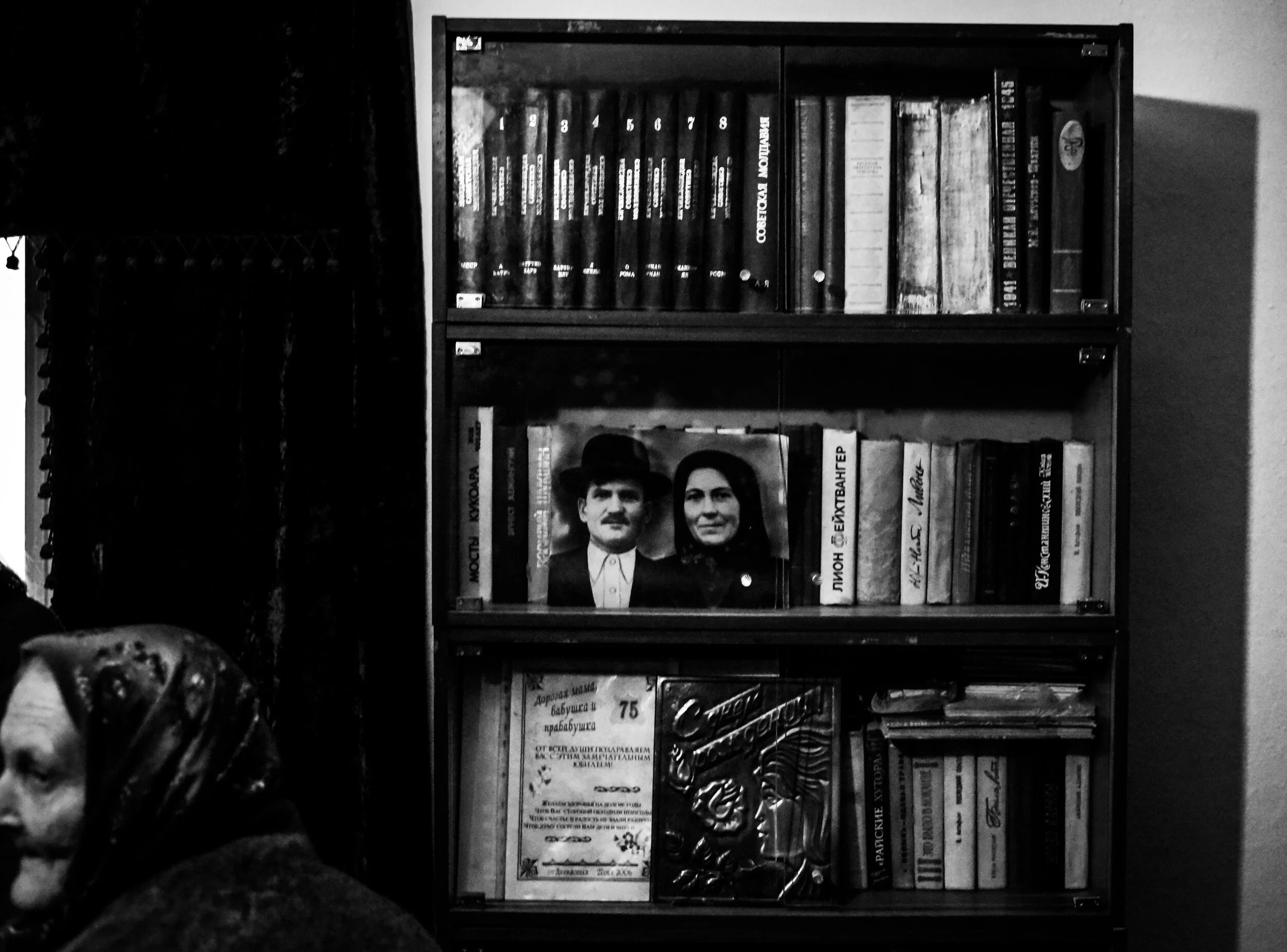
"Kim Jon Ung's Train to China" and “Four Mile Run Drive, October"
by Nina Murray
the outside margin of nostalgia
is the last page in a used-up passport
full of exit stamps commingling their inks
a mongrel pedigree
my ghosts reduced to spectral marmosets
winged on my shoulders
I can feel them part the hair at my nape
touch my scalp with their infant-sized
icy fingers
poetry is what I would think if I wore the skin

Five Prose Poems
by Aleksey Porvin
All knowledge of translation is dying in a far-off fire, but we keep trying. “Ask the birch, the river, the explosion that has taken root deep in the heart, beg for the right words, like the children beg for bread from the border guards” – where does such advice lead to? The crumbs smell like brass, the crust smells like lead and steel – everything repeats the structure of the bullet, even this old man with a metal core instead of words.

"We are the Generation of Extinction"
by Ștefan Manasia
Translated from the Romanian by Clara Burghelea
I took lots of photos, according to personal logic,
but the ectoplasmic entities failed to appear
on the screen. I took pictures of white, red ribbons
hanging from trees but the sudden wind
didn’t make them vibrate, in the Morse alphabet
or another code. It was sunny and cold.

The fault in our books?
by Justina Dobush
Books have taught me to love everyone, to not allow thoughts of hate or revenge to corrupt my soul. Anyone who reads books knows that revenge is not an option, nor is violence, nor is supremacy of any kind.

A Holocaust
by Oleksandr Boichenko
Translated from the Ukrainian by Oleksandra Boychenko
Appelfeld’s novel “Katerina”, translated by Viktor Radutskyi and Ivan Bilyk, has thus far not gained a whole lot of publicity in Ukraine. Which is a pity: for what it is worth, the novel is written from the perspective of a Ukrainian village woman who saves Jewish children from other Ukrainian villagers.
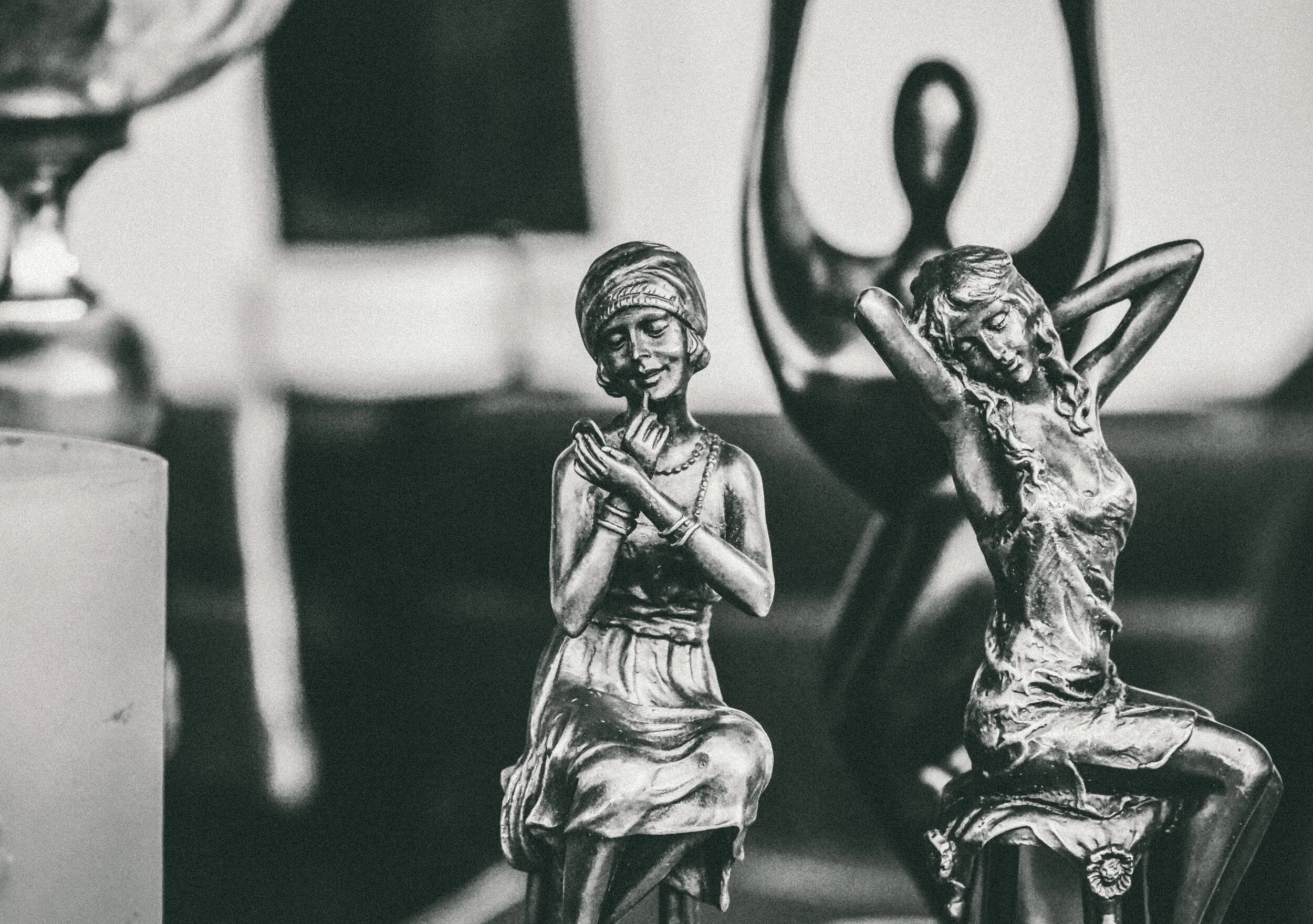
The Night We Were Told Brezhnev Was Dead
by Mikhail Iossel
It was a characteristically damp and cold November morning, the third after the sixty-fifth anniversary of the October Revolution. I was nearing the end of my fourth semiweekly twenty-four hour shift as a security guard at the Roller Coaster Unit of the Krestovsky Island Amusement Sector of the Leningrad Central Park of Culture and Leisure (TsPKiO). At seven-forty, I was still fast asleep on the long and narrow leatherette couch on the second floor of the Amusement Sector’s administration cabin—the uneven, cracked black plastic-coated fabric under me; a stinking, ancient communal goatskin over me; my head propped on the pillowy lump of my rolled-up sweater—when my replacement arrived, twenty minutes ahead of schedule, and started banging on the bolted and latched cabin door downstairs.

The Intimation of Sound
by Oksana Zabuzhko
Translated from the Ukrainian by Nina Murray
Today it is impossible for me to recapture all the details of what I felt, when, as a child, I looked at the stars and sensed (at night—I couldn't do it during the day when the stars were invisible) that the sky is alive—and knowing this made me utterly happy.

Six degrees of separation
Translated from the Ukrainian by Oleksandra Boychenko
Long story short, 1968 was setting out to be perhaps the happiest year in the lives of all these extra-ordinary people, and the next one promised to be even better. However, one October night, having hung out at a dinner table in Slavic style, Komeda and Hlasko decided to take a walk around Beverly Hills. Nobody knows what exactly transpired that night; there was no one around. According to Hlasko’s fumbled testimony, he jokingly pushed Komeda in the shoulder and he suddenly disappeared in the darkness.
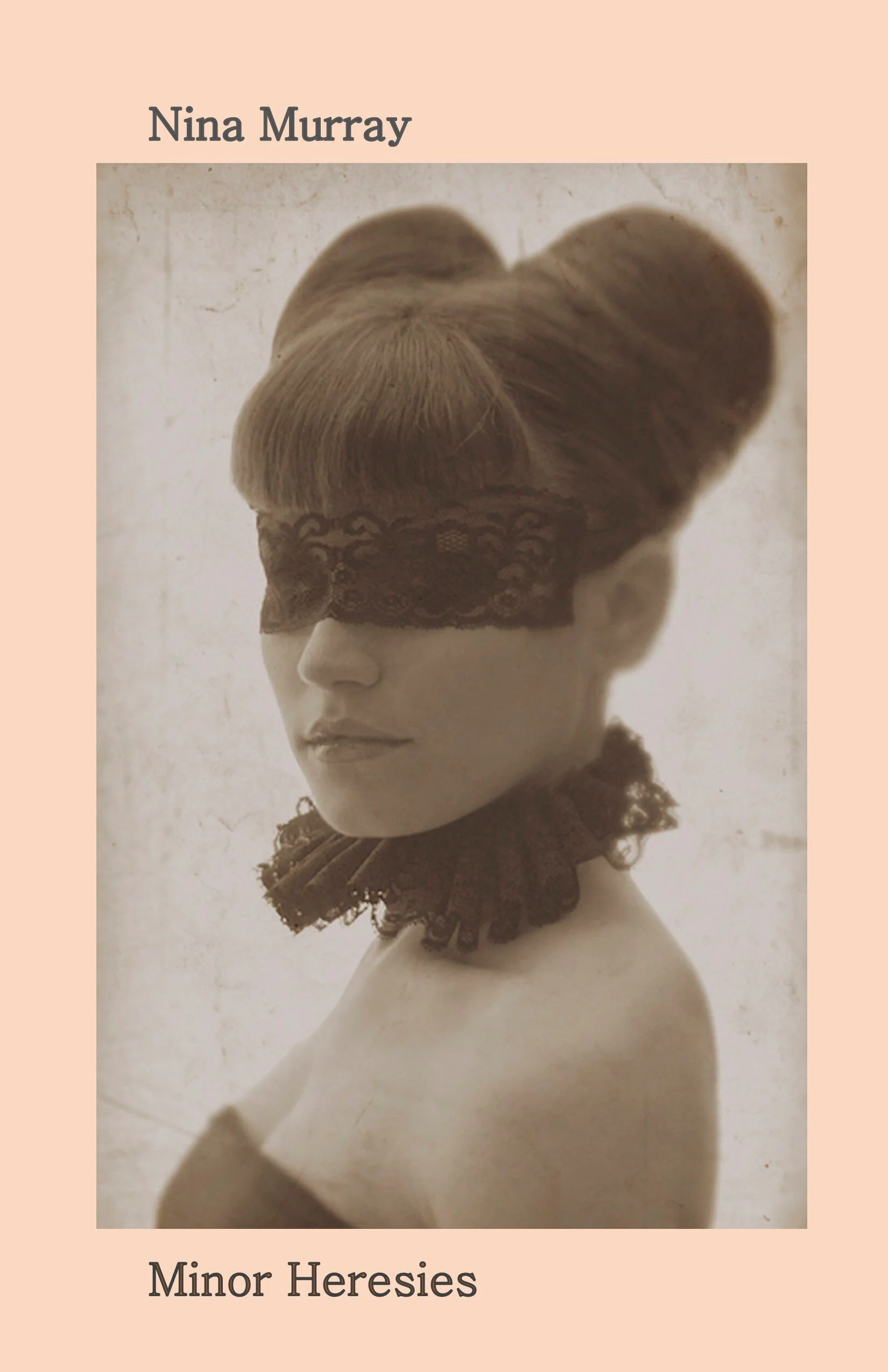
Between Belonging and Alienation: A Review of Nina Murray’s Minor Heresies (2020, Heartland Review Press)
Reviewed by Sandra Joy Russell
The title itself, Minor Heresies, speaks to Murray’s disruptive, iconoclastic poetics, within which she attentively punctures deeply held beliefs while also exploring her own lived experiences as a foreigner in the U.S.
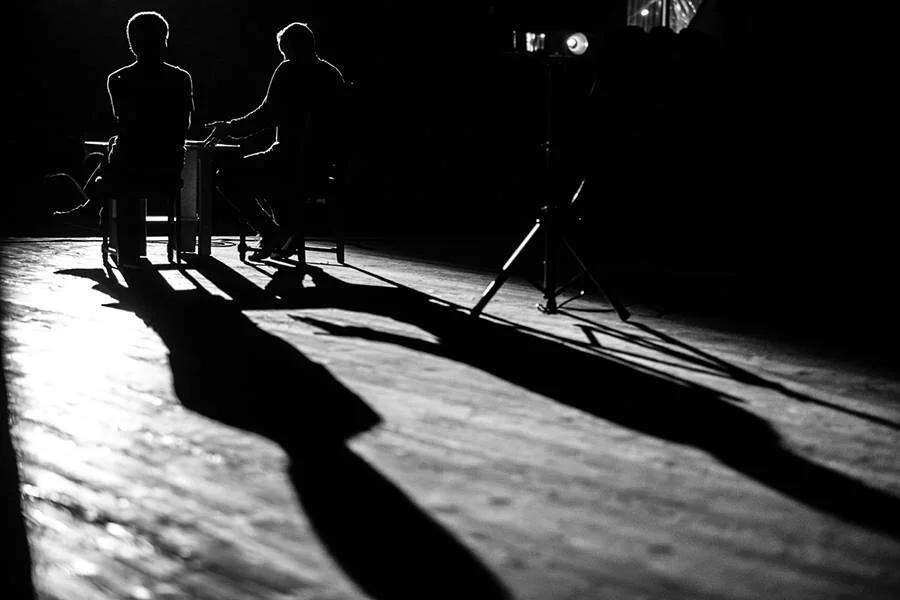
One could make 24 novels out of this
Translated from the Ukrainian by Oleksandra Boychenko
Ukrainian readers enjoy grumbling about contemporary Ukrainian literature. I, too, grumble sometimes. We don’t have this, we don’t have that, this is not enough… The only thing I have no complaints about is the almost complete lack of the so-called “big novels”. I do not need them. I have had enough. I consumed so many of them in my previous professional life that I am still a bit nauseated. Instead, I need at least a few books like I accuse Auschwitz by Mikolaj Grynberg.
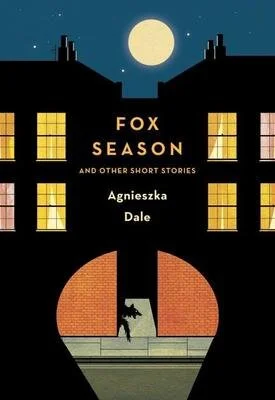
Required Reading for the Post-Brexit Era: A Review of Agnieszka Dale's Fox Season and Other Short Stories (2017, Jantar Publishing)
Reviewed by Kate Tsurkan
Like the author, many of the main characters in these twenty-one thought-provoking, often humorous stories are Polish women living in the United Kingdom. They are working mothers, grieving widows, emotionally unfulfilled wives.
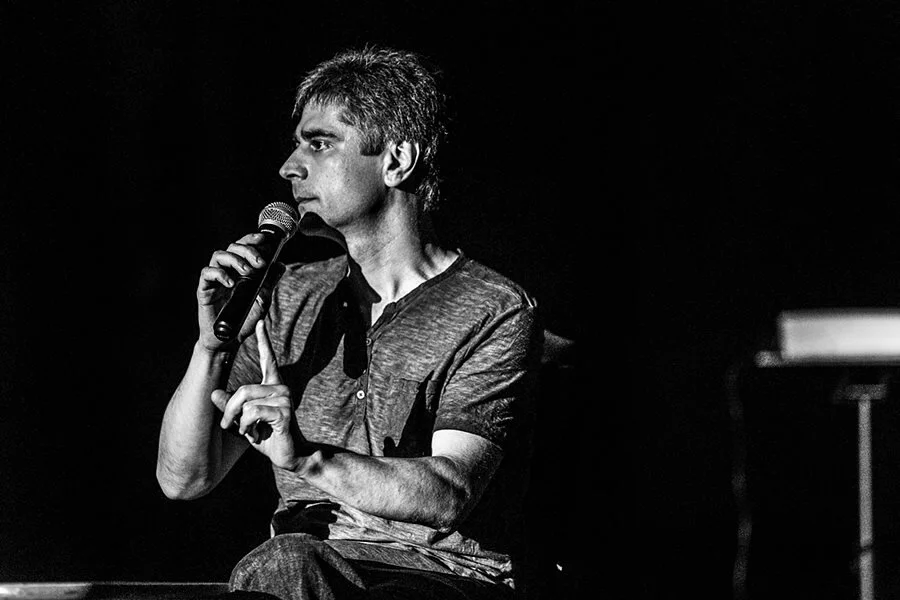
World War III
Translated from the Ukrainian by Oleksandra Boychenko
No, our European neighbors mostly do not consider us to be at fault and certainly do not justify Russia’s actions. But they are tired and they are scared. Unable to convince them that Putin is a good guy, the Kremlin propaganda is ever more successfully inoculating Westerners with the idea that Putin is bonkers and, if necessary, will indeed turn their ancient cities into radioactive dust. Thus, many of them, blushing internally, are ready to sacrifice Ukraine – in order not to provoke the aggressor too much.

read & write & bleed then cry
by Justina Dobush
I have known it since I was seven years old. I will be a writer, I am a writer, no matter what’s going on, literature is the only answer. Since then, I have written thousands of pages—fairy tales, diaries, poetry, prose, short stories, reportages, interviews, columns, book reviews and so on. Why haven’t I been able to finish any of the books which I so badly wanted to write?
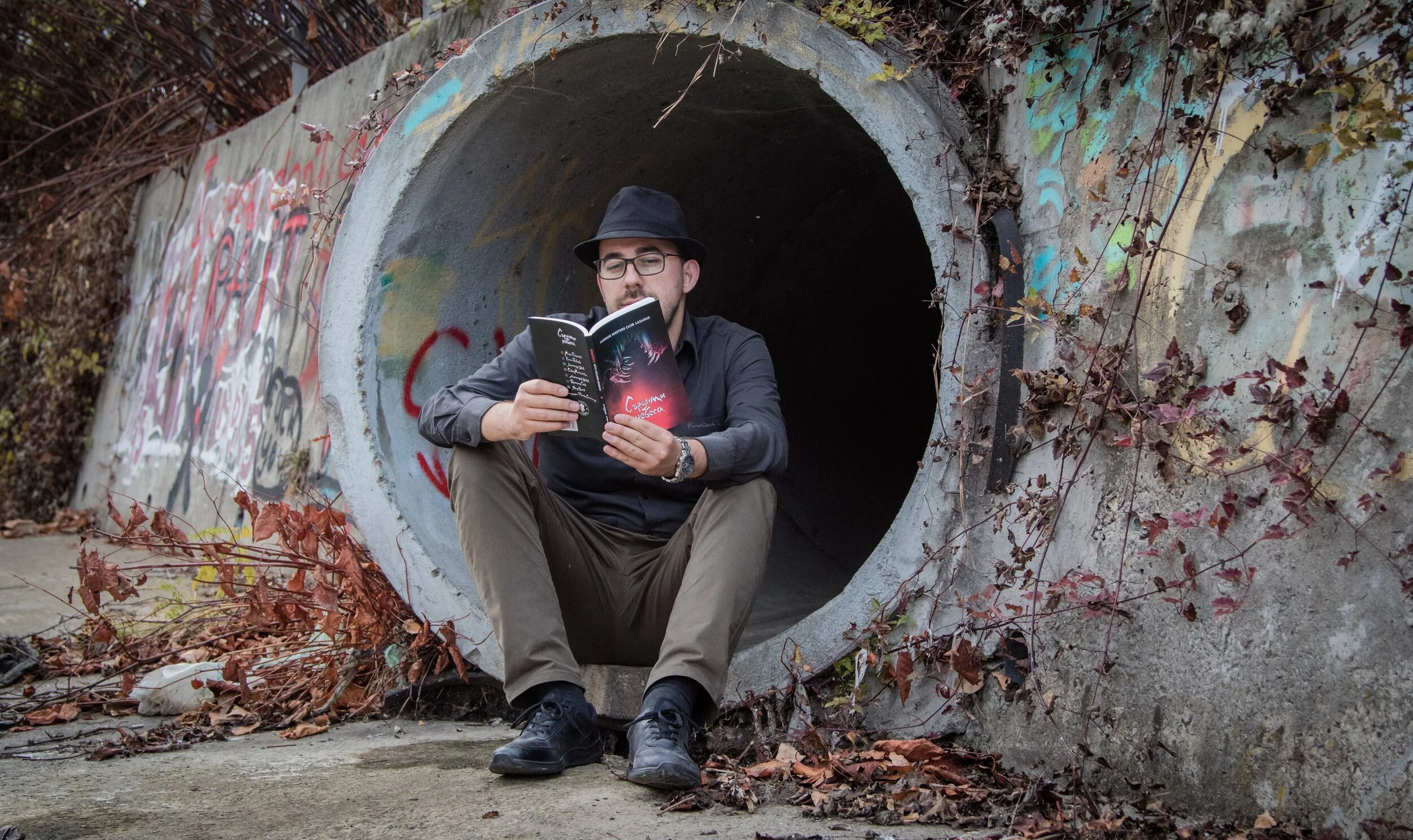
"I avoid killing my favorite characters": An Interview with Marin Troshanov
Interviewed by Khrystia Vengryniuk
I avoid killing my favorite characters, however, I still experience painful moments that evoke strong emotions, both in me and for my readers.

Ice Castles
by Alta Ifland
When the US skating championship started in mid-February, Ben’s presence in our house was so common that we were left alone on the brown suede couch in front of the TV with a huge bowl of popcorn between us, and more than once, when he went home, it was close to midnight. Usually, Mother sat with us until about ten, joining me in my kibitzing.

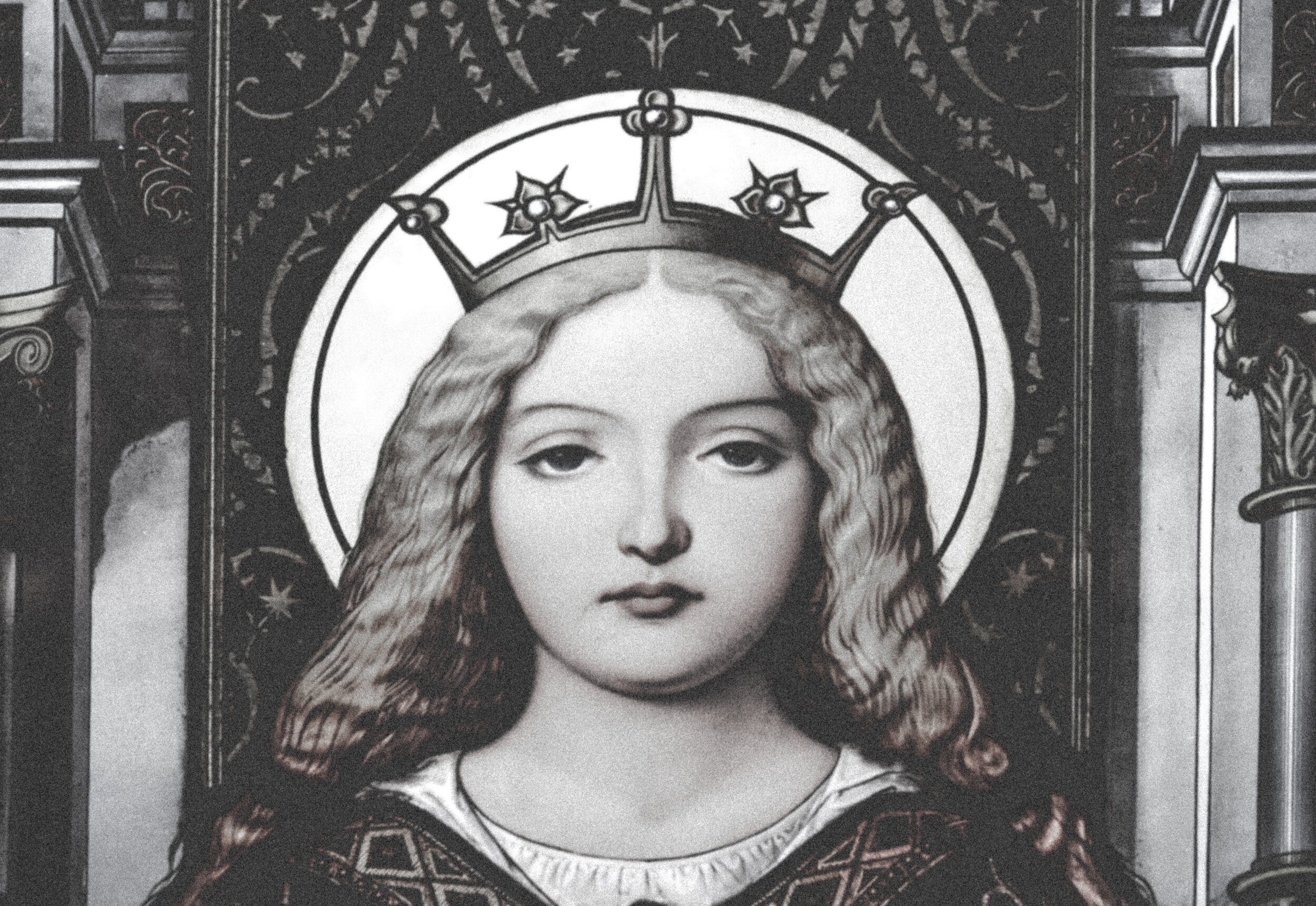
"There Are Things I Know How to Do" & "In Hopes of Great Snows"
by Andreea Iulia Scridon
But when the thunderstorm leaked
through my cardboard sanctuary,
like Hamlet’s, the walnut tree
(which, by tradition, we know must be
the victim of our torture, for rules are rules),
I was alone in the world,
I was alone in my life.

"Mr. Saw" & "The Inventor"
by Arvis Viuls
Translated from the Latvian by Jayde Will
One morning upon awakening he understood,
that actually his entire life
he had wanted to be a saw and nothing else,
and he decided to follow his dreams.

“Walking Down a Street in Stockholm” and other poems
by Juris Kronbergs
Translated from the Latvian by Māra Rozīte
Mouths that mouth in different tongues
none are mine
none are yours
A star shines a crown glows
Nothing’s mine
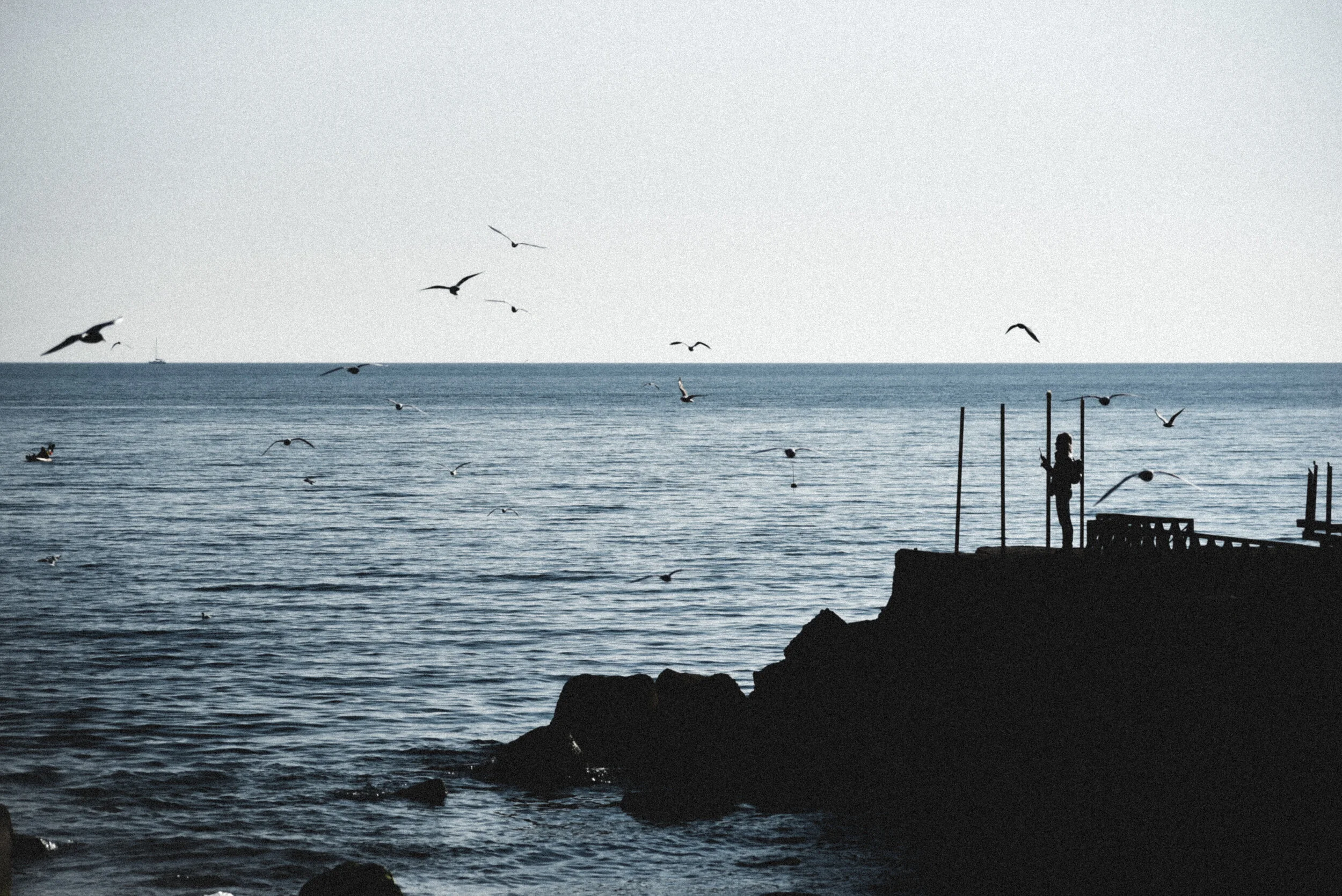
"At the sea" and other poems
by Inga Pizāne
Translated from the Latvian by Jayde Will
While doing a writer’s residency
I went to beach every afternoon
to look at the sea.
There was neither the beginning
nor final credits.
